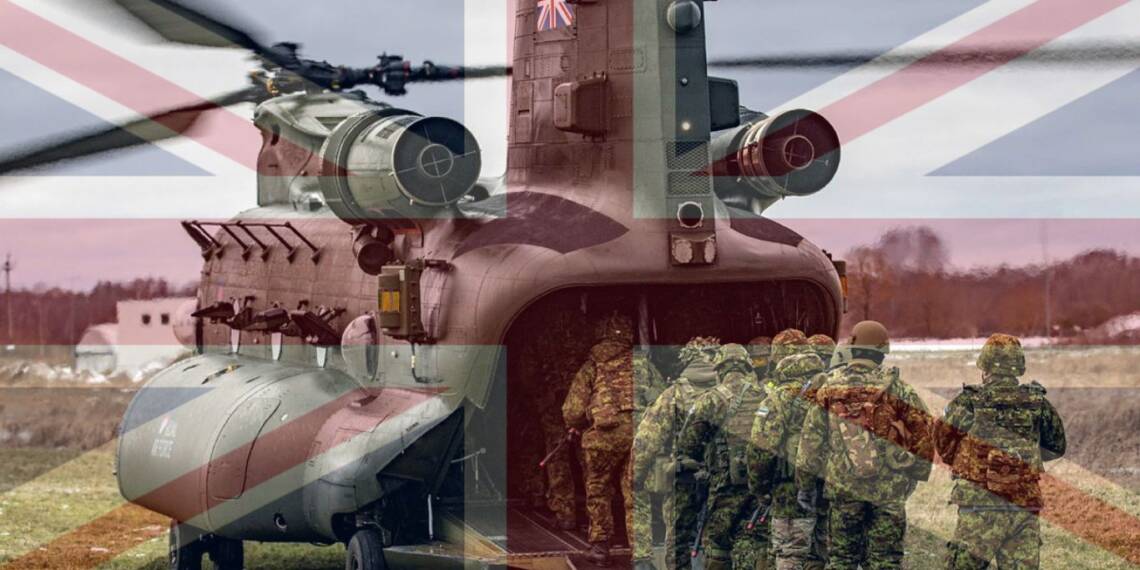The UK military is facing a worsening manpower crisis, with its top military official, Admiral Sir Tony Radakin, revealing that the armed forces are losing around 300 personnel each month. Testifying before Parliament, Radakin noted that while the Royal Navy has stabilized and is beginning to grow, and the Royal Air Force has reached a steady state, the British Army continues to shrink. Without urgent reforms, he warned, it could take up to three years before the forces begin to expand again.
Current figures show the UK military has just over 180,000 personnel. In the past year alone, over 14,500 service members left, while only 12,850 new recruits joined—resulting in a net loss. This imbalance has drawn criticism, with Conservative MP Sir Geoffrey Clifton-Brown highlighting the alarming trend: for every 100 new recruits, 130 personnel exit the service. He warned that the military cannot function effectively if this trend continues.
Radakin acknowledged the difficulties in recruitment and retention, noting that although 13 people apply for every available position, very few are actually converted into enlisted personnel. To reverse this trend, he stressed the need for better housing, improved pay, and clearer career prospects to make military service more attractive and sustainable.
Concerns over the UK’s military readiness intensified in 2023 when Ministry of Defence statistics showed active-duty numbers at their lowest since 1815. Former Army Chief General Sir Patrick Sanders warned that the current force is not equipped to handle a major war, such as one similar to the conflict in Ukraine. He even suggested that the public may eventually need to support the military effort directly, hinting at the possibility of civilian involvement.
Compounding the crisis is the steady decline in the UK’s defence budget, which has limited the armed forces’ ability to modernize and expand. If we look at the data available on the defence budget, it shows that in the 1960s, the UK spent 7 percent of its GDP on defence; however, it decreased to 2.23 percent in 2024.
This decline comes at a time when reliance on the US security umbrella, particularly through NATO, under President Donald Trump, remains questionable. However, shifting geopolitical dynamics and increasing US focus on the Indo-Pacific raise doubts about the sustainability of this dependency. As a result, analysts argue that the UK must reassess its strategic priorities and invest more in defence to ensure it can meet its own security needs independently and contribute to collective Western deterrence.








